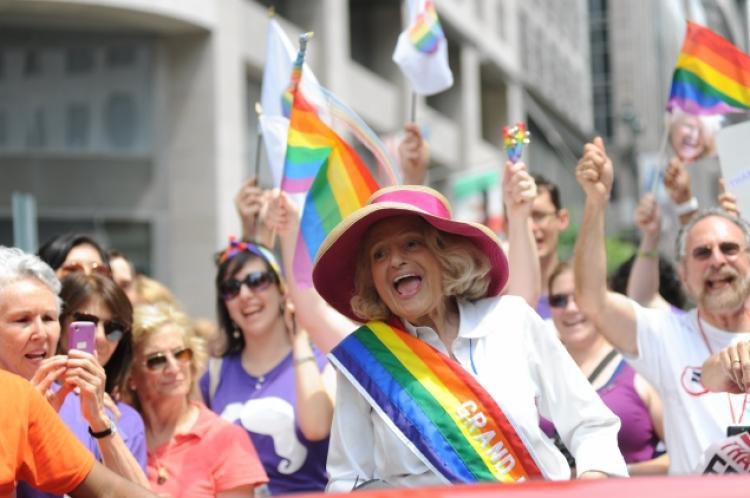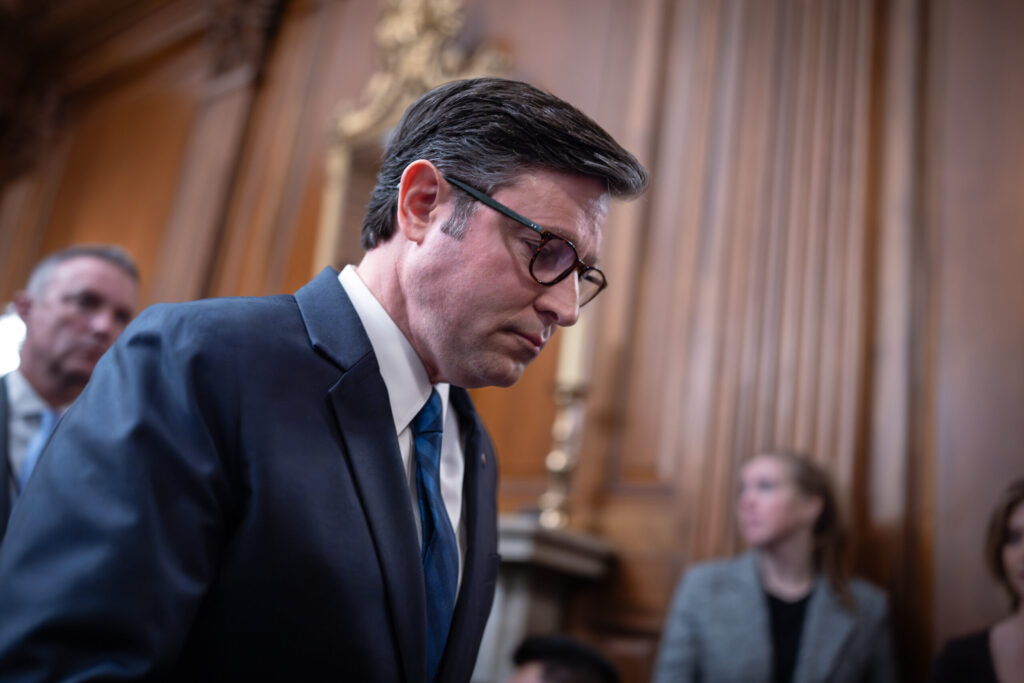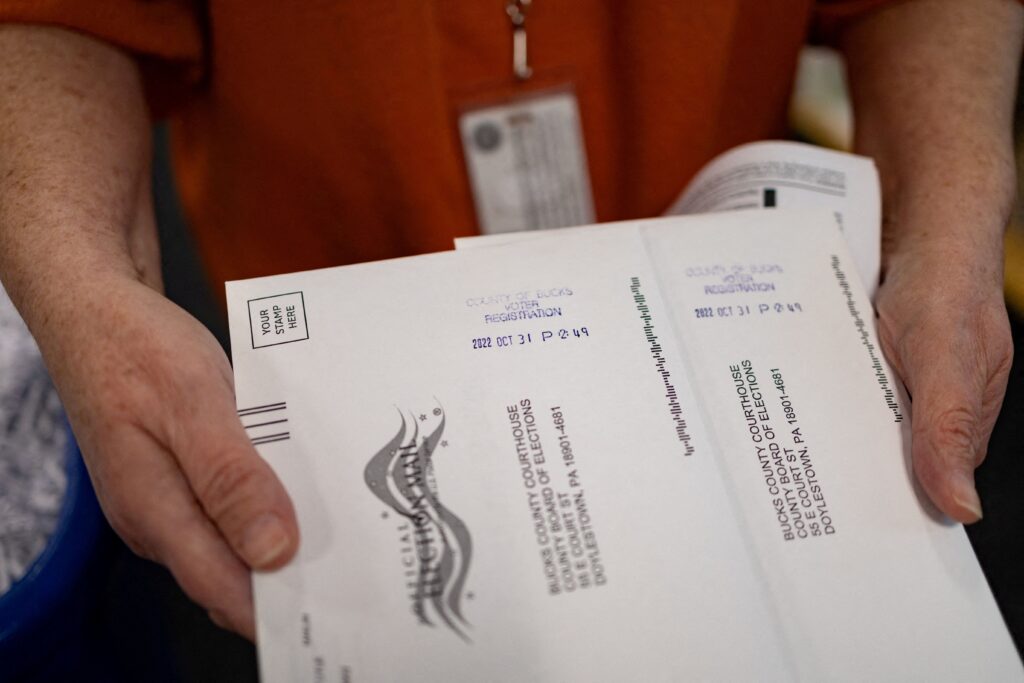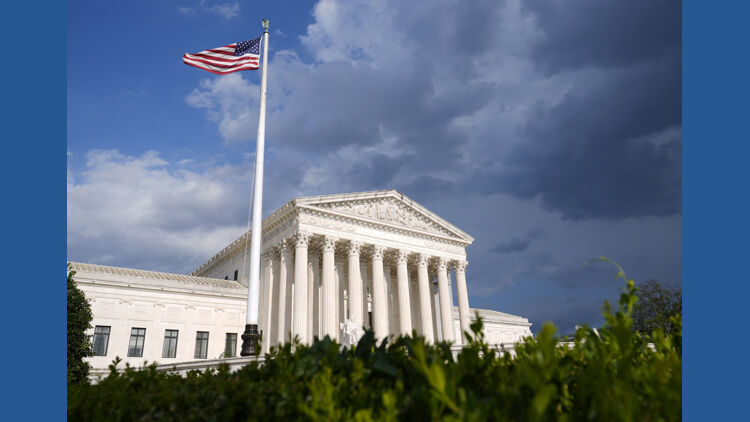Supreme Court rejects bid to overturn gay marriage decision

The Supreme Court on Monday denied a petition from former Kentucky clerk Kim Davis asking the justices to overturn its 2015 decision legalizing gay marriage nationwide.
The high court did not elaborate on its decision to reject the petition, but the justices were widely expected to reject the appeal despite significant media attention to it. Davis, who made national headlines in 2015 for refusing to issue a marriage license for a same-sex couple despite the high court’s ruling, claimed that her First Amendment religious rights should shield her from personal liability for denying marriage licenses to same-sex couples.
The Supreme Court in Obergefell v. Hodges legalized same-sex marriage nationwide in June 2015, a ruling that Davis asked the current high court to overturn, along with the “legal fiction of substantive due process.”
“Obergefell was ‘egregiously wrong,’ ‘deeply damaging,’ ‘far outside the bound of any reasonable
interpretation of the various constitutional provisions to which it vaguely pointed,’ and set out ‘on a collision course with the Constitution from the day it was decided,'” Davis’s petition reads.
Of the nine justices who were on the Supreme Court when it decided Obergefell, five remain on the bench today. Justices Neil Gorsuch, Brett Kavanaugh, Amy Coney Barrett, and Ketanji Brown Jackson have joined the Supreme Court since the June 2015 ruling.
With the Supreme Court’s rejection on Monday, Davis has exhausted her last appeal after losses at lower federal courts.
Davis’s case garnered significant media attention, as it was the first formal request for the Supreme Court to overturn Obergefell since it was handed down by the high court 10 years ago.
Since the ruling, Congress passed the Respect for Marriage Act in 2022, which requires all 50 states and all federal territories to recognize same-sex marriage as a backstop in the event Obergefell is overturned. Then-President Joe Biden signed the bill into law in December 2022, months after the high court issued its ruling in Dobbs v Jackson Women’s Health Organization that there is no constitutional right to abortion.
In a concurrence to the Dobbs decision, Justice Clarence Thomas said that “in future cases, we should reconsider all of this Court’s substantive due process precedents,” including Obergefell. The mention of Obergefell in Thomas’s concurrence sparked concern from LGBT activists over the decision’s future, but the high court rejected Davis’s attempt to review that precedent with no noted dissents to the decision to reject the case.











